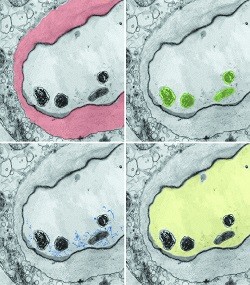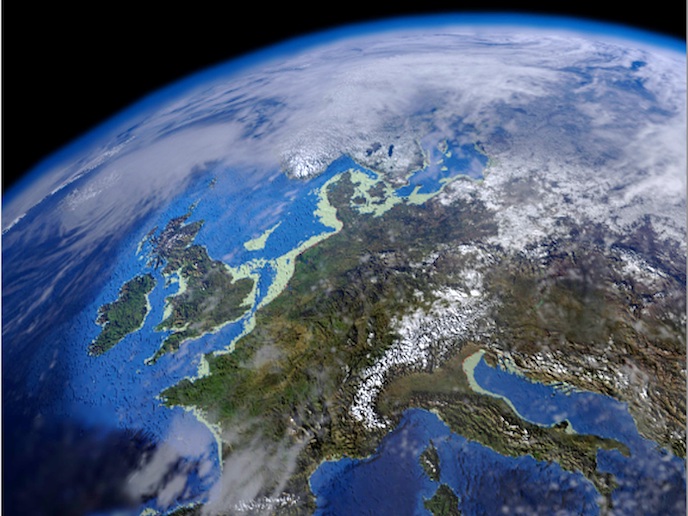Viruses to battle fish bacteria
With the increase in European aquaculture comes increased prevalence of fish disease in fish farms. Traditionally, antibiotics were used to fight bacterial infections, but as in humans, bacteria can become resistant to antibiotics and therefore even more dangerous. Phage therapy involves using bacteriophages (viruses that infect bacteria) to target specific pathogenic bacteria. Phage therapy is host-specific, self-replicating, and, unlike an antibiotic, it does not influence the environment. The AQUAPHAGE (Network for the development of phage therapy in aquaculture) project aimed to spread the word about phage therapy in aquaculture and standardise techniques to use it. The project called together 34 scientists from Western and Eastern Europe in a collaborative effort to study different strains of bacteriophages. The project studied bacteriophages specific to bacterial diseases that affect European sea bass, gilthead sea bream, trout and salmon. Researchers isolated more than 50 new phages, standardised the methodology for phage application and successfully tested a number of phage treatments. Just like the bacteriophages, the AQUAPHAGE project is self-replicating, and hopes to spread its influence to sick fish everywhere.






